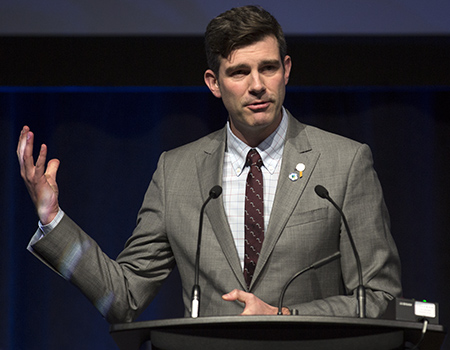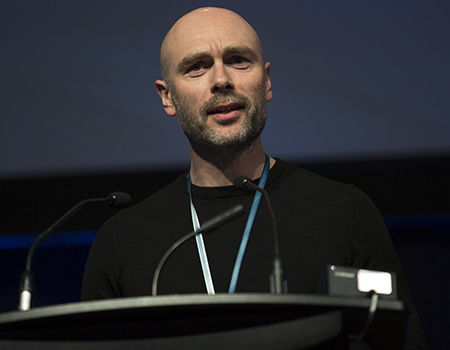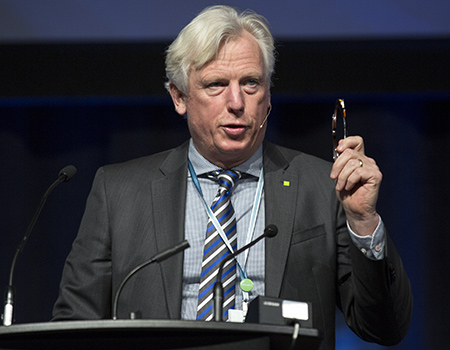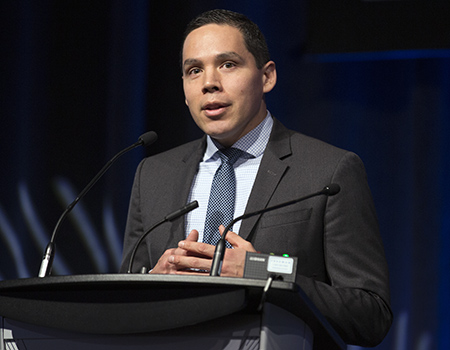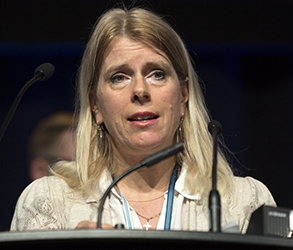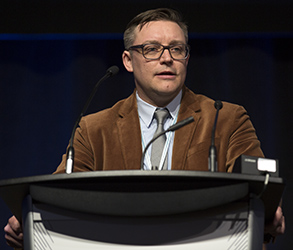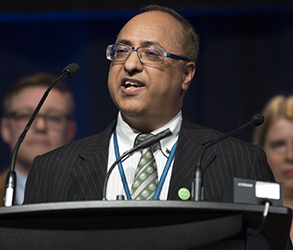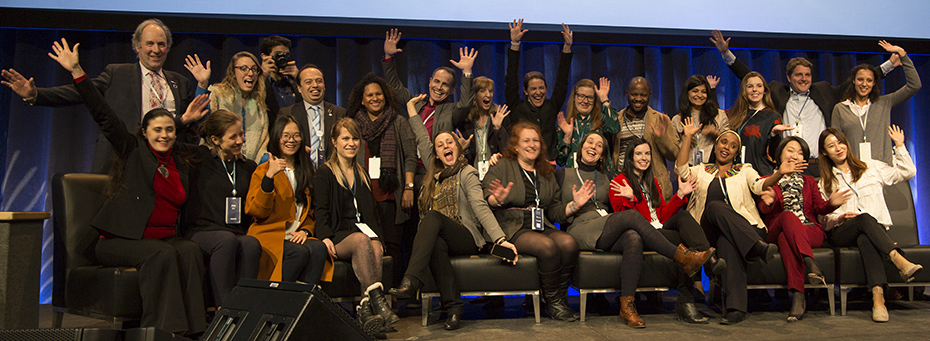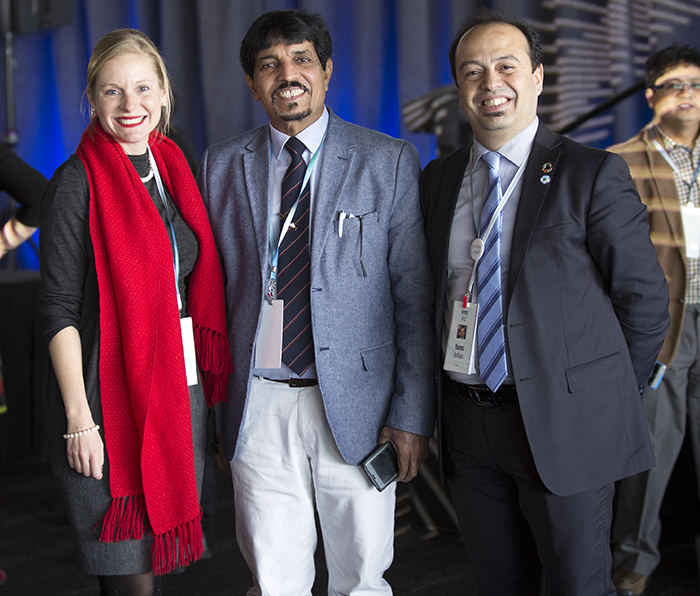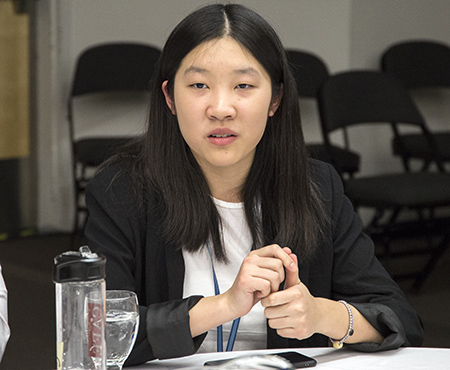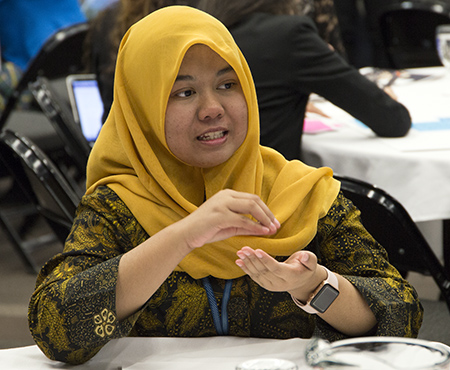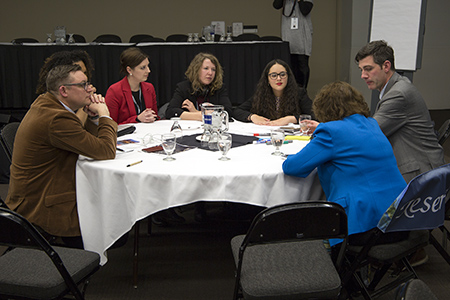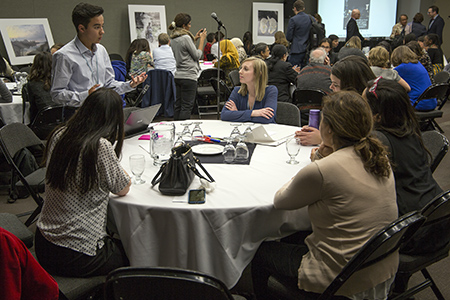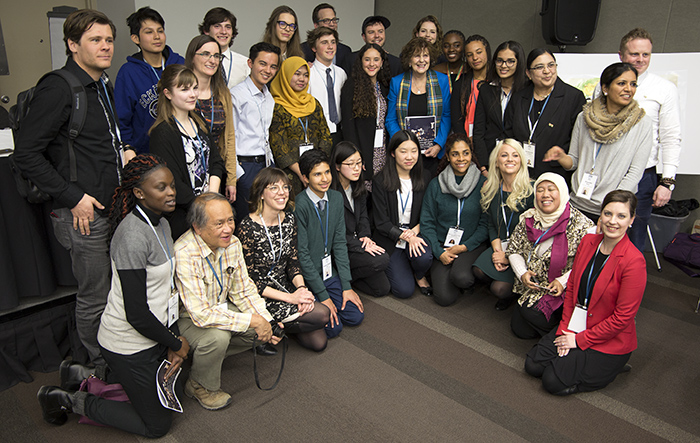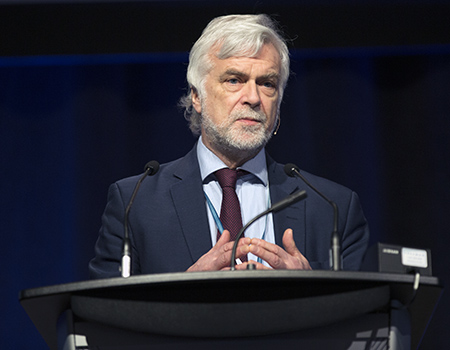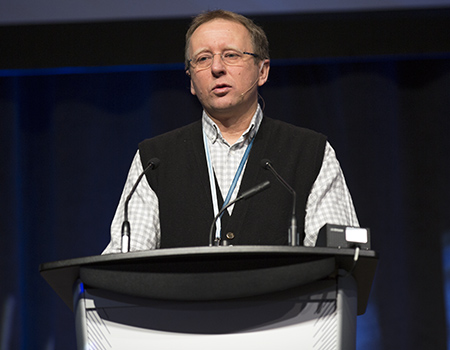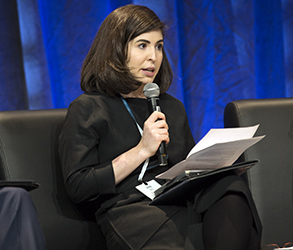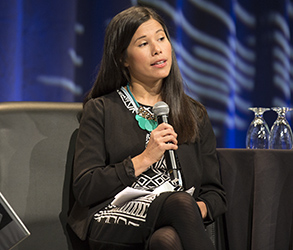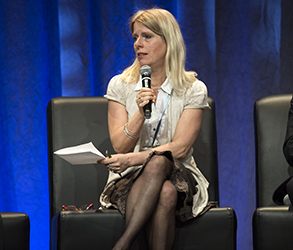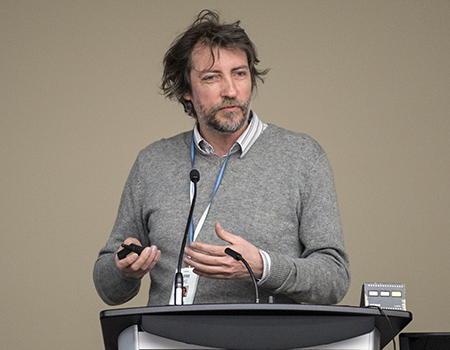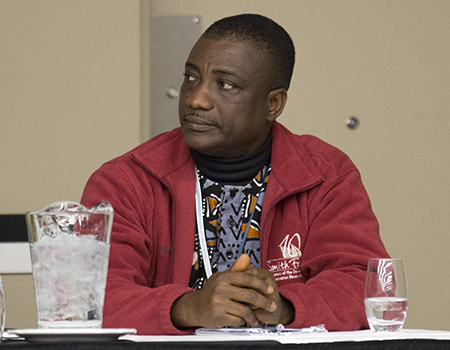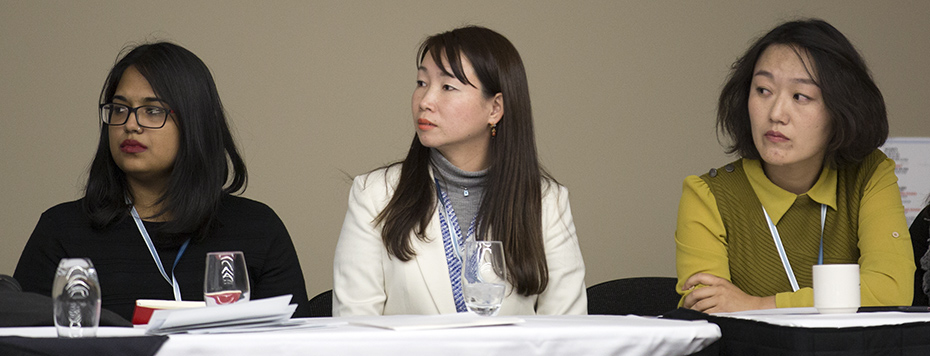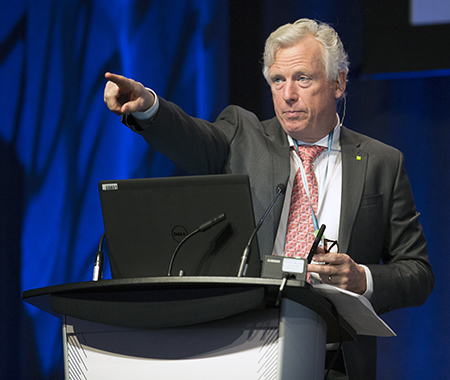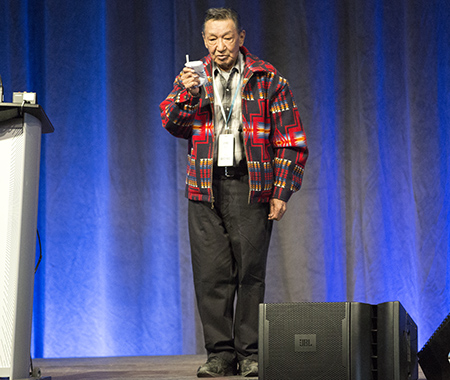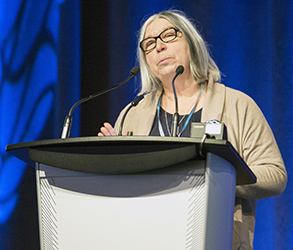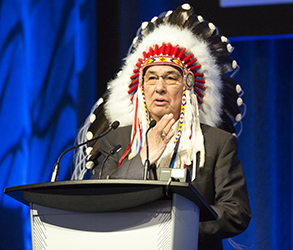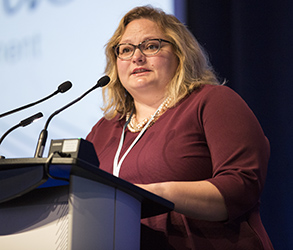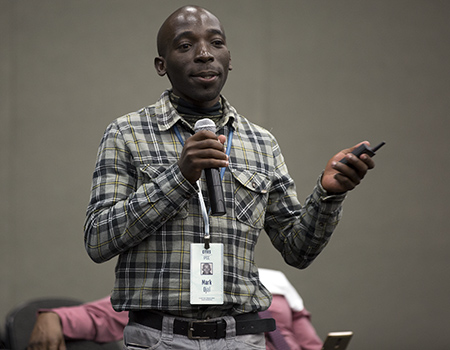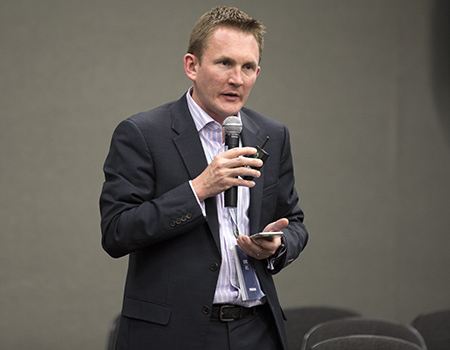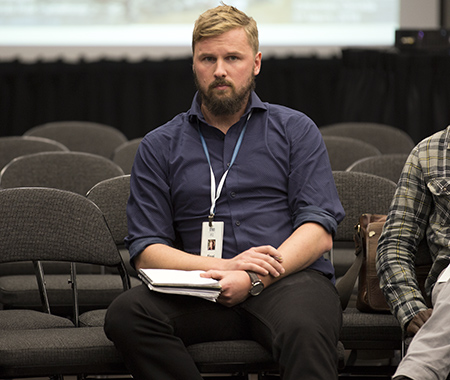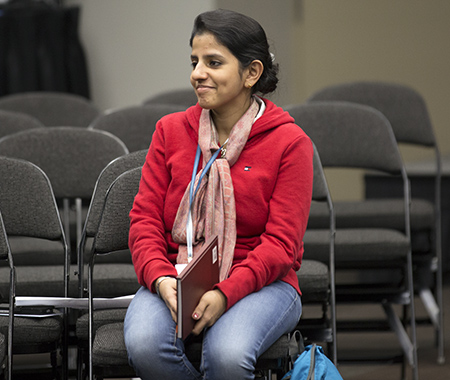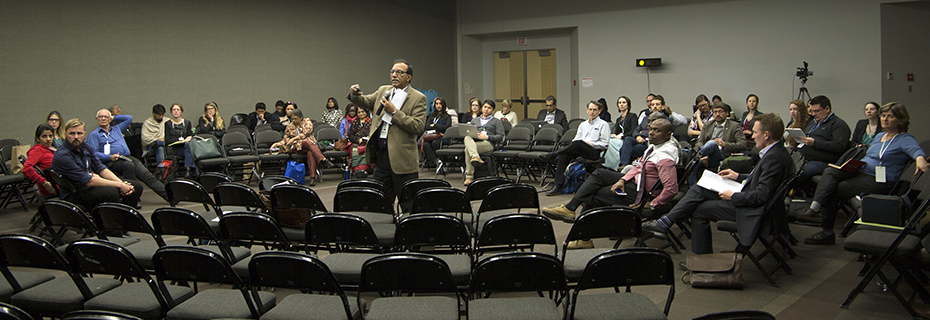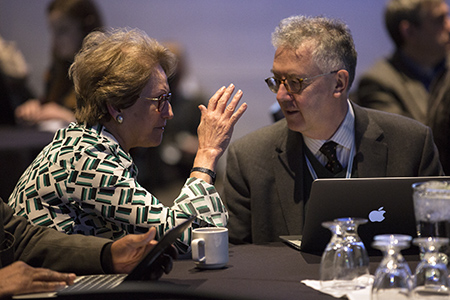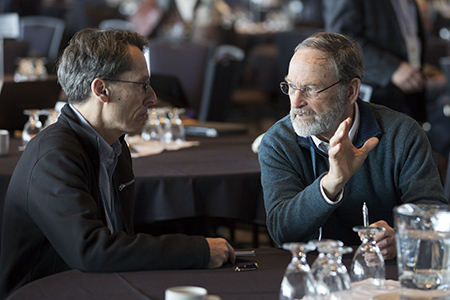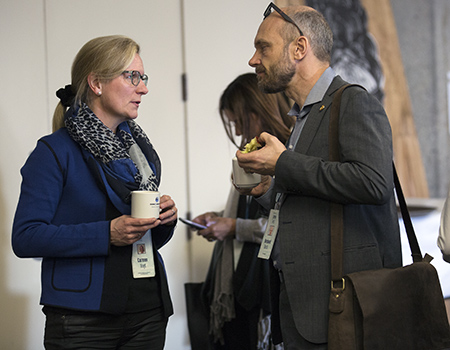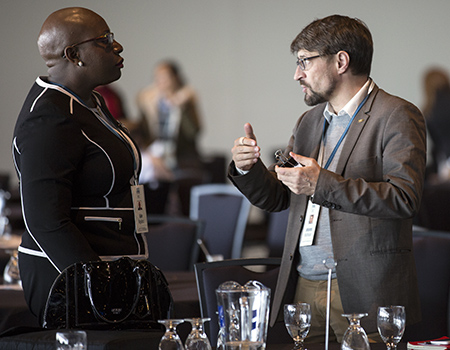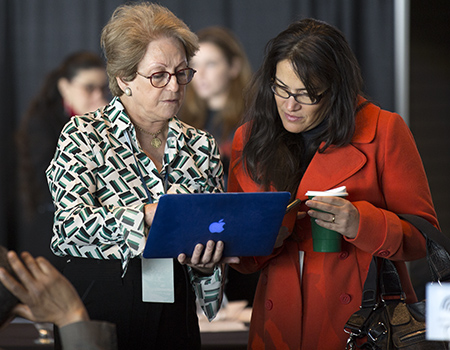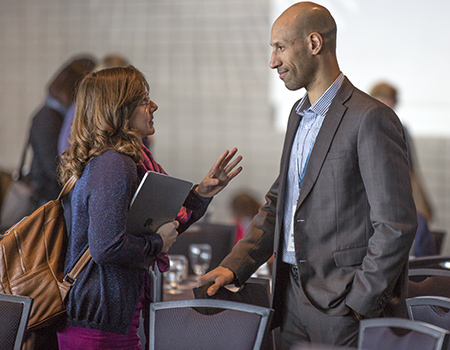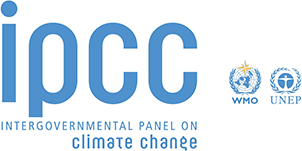|
The CitiesIPCC conference met for its third and final day on Wednesday. Discussions were devoted to the fourth conference theme: Enabling transformative climate action in cities (advancing science and advancing cities). Given the upcoming IPCC Special Report on Global Warming of 1.5 °C, several panels were dedicated to exploring emissions pathways, and the challenges and role of cities to contribute to meeting this target, including an exploration of territorial versus consumption-based emissions.
Throughout the day, participants identified research gaps that could unlock the potential for cities to reduce their emissions and enhance resilience, while addressing inequalities and other social issues. The need for research on inclusion and social transformation, particularly for the most vulnerable, was mentioned by many. Several research gaps on informality were noted, such as:
- Understanding the dynamics between formal and informal economies;
- Developing analytical tools to analyze challenges in informal settlements; and,
- Fostering communities of knowledge, including indigenous and local knowledge systems.
The motivation of researchers, practitioners, and policymakers to co-design the future research agenda, which, in one session a convenor described as a “daunting task,” led to the identification of a wide range of research needs. A few of the clusters of research needs were:
- Aggregating local achievements: comparable or standardized data gathering methods; ways to model and assess potential emission reductions; tools to measure policy performance; methods to reduce the reporting burden on cities; and ways to avoid double counting;
- Governance: how to create path dependencies that “lock in” policies and behaviors to reduce emissions and improve resilience; integrating policies at local, national, and regional scales
- Building capacity: providing cities access to long-term climate impact and risk information; and technical training for cities
- Finance: methodologies to determine social benefits in cost-benefit analyses; ways to stimulate demand for small adaptation projects; tools to reduce barriers to local governments accessing finance; and ways to make capital costs serve the needs of secondary cities.
In this research agenda, many participants and panelists underscored the need for a robust science-policy-practice interface to continue the work of this conference in the future.
Closing the conference, Mayor Don Iveson, Edmonton, Canada, outlined the legacies of this conference, from a research agenda, and partnerships with youth, to his personal commitment to mobilize cities to support science-based climate policy. |
|
|
IISD Reporting Services, through its ENB+ Meeting Coverage provided daily digital coverage and a summary report from the 2018 CitiesIPCC Conference. The summary report is now available in HTML and PDF.
Photos by IISD/ENB | Mike Muzurakis
For photo reprint permissions, please follow instructions at our Attribution Regulations for Meeting Photo Usage Page
+ Visit the web coverage for Wednesday, 7 March 2018
| |




